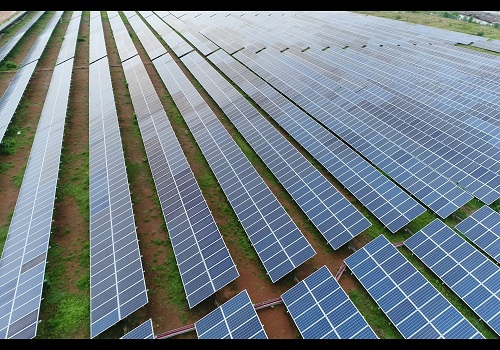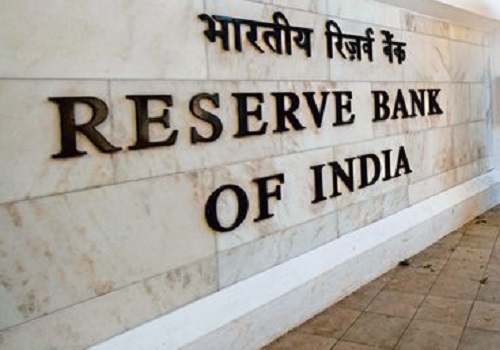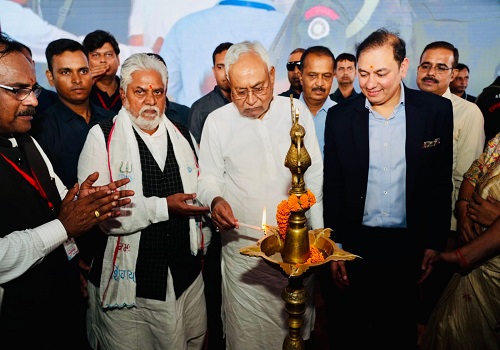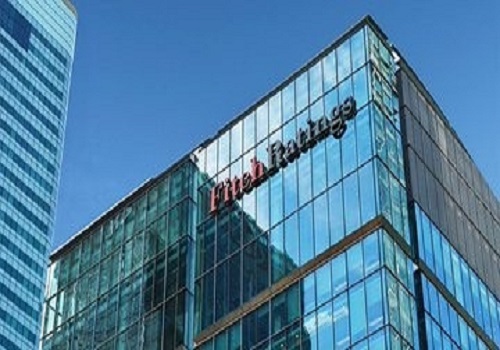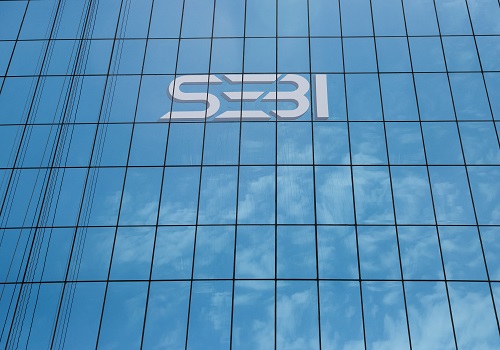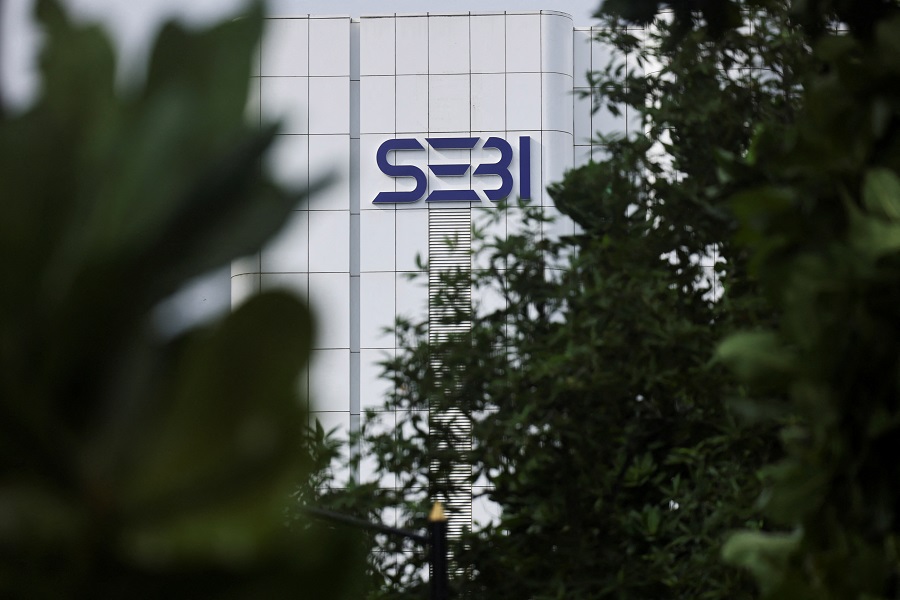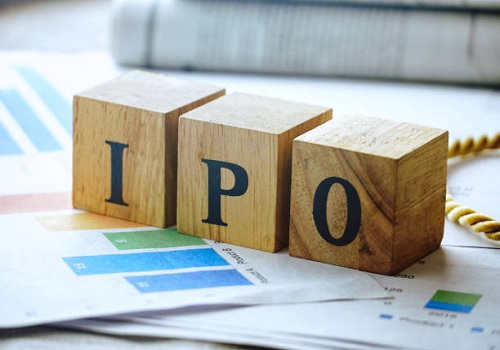Ganesh Green Bharat coming with IPO to raise Rs 125.23 crore
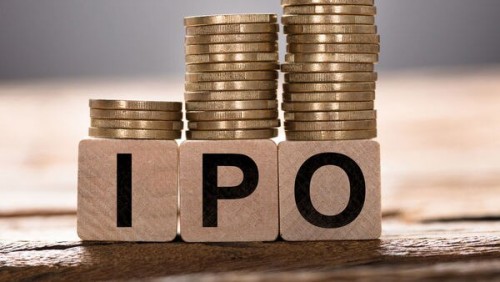
Ganesh Green Bharat
- Ganesh Green Bharat is coming out with initial public offering (IPO) of 65,91,000 shares of Rs 10 each in a price band Rs 181-190 per equity share.
- The issue will open for subscription on July 5, 2024 and will close on July 9, 2024.
- The shares will be listed on NSE Emerge Platform.
- The face value of the share is Rs 10 and is priced 18.10 times of its face value on the lower side and 19.00 times on the higher side.
- Book running lead manager to the issue is Hem Securities.
- Compliance Officer for the issue is Palakben Mahesh Joshi.
Profile of the company
The company is providing comprehensive portfolios in the field of supply, installation, testing and commissioning (SITC) of solar and electrical goods and services to various government bodies. It has completed projects under various schemes of Central and State Government like - Saubhagya Scheme, KUSUM Scheme, Saur Sujla Yojna. It also forayed into the business of designing, construction, installation and operation and maintenance of Water Supply Scheme Projects like the Mukhya Mantri Nishchay Quality Affected Yojna, Har Ghar Jal (Jal Jeevan Mission) etc. It started as a partnership firm in the year 2016 with focus on Electrical contracting services. Later in the year 2017 it stepped into the renewable energy sector where it expanded its operations as an integrated solar energy solutions provider offering engineering, procurement and construction (EPC) services and operations and maintenance (O&M) services for solar home light, solar street light, solar power plants (On Grid and off Grid), Solar Highmast, Solar Pumping System etc.
Gradually in the year 2019 it started bidding for Water Supply Scheme Projects wherein it is engaged in designing, construction, supply, testing and commissioning of Water Supply Scheme Projects which involves construction of piped water supply with installation of polyethylene water storage tank to provide drinking water through functional household tap connections in villages with all allied works of the scheme and successful trial run. It has an in-house team for designing, engineering and construction which makes it self-reliant on all aspects of its business. It has a team of 10 Engineers who are supported by third-party consultants and industry experts to ensure compliance and quality standards laid down by the industry and government agencies & departments. The scope of its services typically includes design and engineering of the projects, procurement of raw materials, execution at site with overall project management up to the installation and commissioning of projects. Post commissioning, operations and maintenance of some of the projects for a certain period of time is generally a part of the award in recent times. It has a team of dedicated engineers and personnel focused on operations and maintenance of completed projects.
Proceed is being used for:
- Repayment in full or in part, of certain of its outstanding borrowings
- Funding capital expenditure towards installation of additional plant and machinery at its factory
- Funding to meet working capital requirements
- General corporate purpose
Industry overview
India has low conventional energy resources compared to its required energy needs driven by a huge population and a rapidly increasing economy. However, India can harness the huge potential of solar energy as it receives sunshine for most of the year. It also has vast potential in the hydropower sector which is being explored across states, especially in the northeast. India is the only country among the G20 countries who is on track to achieve its targets under the Paris Agreement. More than Rs 5.2 lakh crore ($70 billion) has been invested in India’s renewable energy sector since 2014. India ranked third on the EY Renewable Energy Country Attractive Index 2021.
The International Energy Agency’s World Energy Outlook projects a growth of renewable energy supply to 4,550 GW in 2040 on a global basis. Installed renewable power generation capacity has increased at a fast pace over the past few years, posting a CAGR of 14.58% between FY16 and FY23. India has 172.54 GW of renewable energy capacity in FY23. In the first half of 2022, India has saved $4.2 billion in fuel costs through solar power generation, as well as 19.4 million tonnes of coal. India has generated 70.24 BU of solar power in the first nine months of 2022, a 36% YoY increase. The Bhadla Solar Park in Rajasthan’s Jodhpur district is the largest solar power plant in the world. Spanning 14,000 acres, the power plant is fully operational and has a capacity of 2,250 MW.
In November 2021, the government announced future plans to increase the funding under the PLI scheme for domestic solar cells and module manufacturing to Rs 24,000 crore ($3.17 billion) from the existing Rs 4,500 crore ($594.68 million) to make India an exporting nation. Solar city per state-approved and approved setting up 59 solar parks of 40 GW across the nation. The government is also giving a push to Floating PV Projects. In August 2022, Norfund, who manage the Norwegian Climate Investment Fund, and KLP, Norway’s biggest pension company, signed an agreement to buy a 49% share of a 420 MW solar power plant in Rajasthan for Rs 2.8 billion ($35.05 million).
Pros and strengths
Offer a diversified range of solutions: It is strategically well placed to run various business verticals under one umbrella. Its diversified range of products and solutions cater to renewable energy industry, water supply and electrical contracting. Its core competencies include bidding for EPC projects and manufacturing of Solar PV Modules with focus on successful delivery of quality products. Its focus on maintaining quality across its business verticals and on continuous technological upgradation of its process, together with its extensive sales and marketing efforts have enabled it to expand its operations over the years.
In house designing and execution team and established track record: Its in-house engineering and design team of 10 engineers have the necessary skills and expertise in preparing detailed designs based on the conceptual requirements of its clients. Its quality control managers are responsible for conducting regular inspection and tests at every project site for quality control monitoring and management. It has an established track record of successfully installing projects in an efficient manner. Its focus is to leverage its designing and execution capabilities to complete projects while maintaining the quality of delivery. Its project management teams, working in conjunction with the design and engineering team, ensures operational efficiencies through overall supervision of the manufacturing and project execution process.
Stable financial performance: It has demonstrated stable financial performance over the years with growth in terms of revenues and profitability. Over the last three years, it has focused its attention towards expanding its product portfolio which has resulted in an increase in its revenue from operations and profits. Its revenue from operations has grown from Rs 10553.67 lakh in Fiscal 2022 to Rs 17017.02 lakh in Fiscal 2024. Its profit for this period has also grown from Rs 520.75 lakh in the Fiscal 2022 to Rs 1988.50 lakh in Fiscal 2024 with a CAGR of 95.41%. The stable growth in revenue, profits, ROCE enables it to fund its strategic initiatives and pursue opportunities for growth.
Risks and concerns
Delays in the completion of current and future projects: Due to its business operations in multiple jurisdictions, there may be delays in the completion of current and future projects which could lead to termination of engineering, procurement and construction (EPC) agreements or cost overruns, which could have an adverse effect on its cash flows, business, results of operations and financial condition. It has experienced such delays for its past projects due to reasons like: failure to obtain necessary permits, authorizations, permissions, and other types of difficulties or obstructions, change in the scope of work, execution difficulty, payment postponement by government authorities, pandemic like: COVID 19, natural or manmade calamities etc. Any future failures to complete projects on schedule could have a material adverse effect on its results of operations and financial condition.
Increase in the prices of raw materials and labour: It undertakes Projects by bidding for tenders issued by various government authorities/bodies across the country. A significant part of the execution of any project is Planning, Designing, Procurement, Execution, Testing and Commissioning, Monitoring and Controlling, Operations & Maintenance. This activity requires significant raw materials, stores and spares and labours and therefore forms a major cost for its operations. It is vulnerable to the risk of rising and fluctuating prices of raw materials which are determined by demand and supply conditions in the global and Indian markets. Any unexpected price fluctuations after placement of orders, shortage, delay in delivery, quality defects, or any factors beyond its control may result in an interruption in the supply of such materials and adversely affect its business, financial performance and cash flows.
Working capital requirements: It requires a significant amount towards working capital requirements which is based on certain assumptions, and accordingly, any change of such assumptions would result in changes to its working capital requirements. A significant amount of working capital is required to finance the purchase of raw materials, stores and spares, mobilization of resources and other work on projects before payment is received from clients. As a result, it will continues to avail debt in the future to satisfy its working capital requirements. Its working capital requirements may increase if it undertakes larger or additional projects or if payment terms do not include advance payments or such contracts have payment schedules that shift payments toward the end of a project or otherwise increase its working capital burden.
Outlook
Ganesh Green Bharat is providing comprehensive portfolios in the field of supply, installation, testing and commissioning (SITC) of solar and electrical goods and services to various government bodies. It has completed projects under various schemes of Central and State Government like - Saubhagya Scheme, KUSUM Scheme, Saur Sujla Yojna. It also forayed into the business of designing, construction, installation and operation and maintenance of Water Supply Scheme Projects like the Mukhya Mantri Nishchay Quality Affected Yojna, Har Ghar Jal (Jal Jeevan Mission) etc. On the concern side, its business requires it to obtain and renew from time to time, certain approvals, licenses, registrations and permits, some of which have expired and for which it has either made or are in the process of making an application for obtaining the approval or its renewal. In the event of any unanticipated delay in receipt of such approvals, it will have an adverse impact on its business operations.
The company is coming out with an IPO of 65,91,000 equity shares of face value of Rs 10 each. The issue has been offered in a price band of Rs 181-190 per equity share. The aggregate size of the offer is around Rs 119.30 crore to Rs 125.23 crore based on lower and upper price band respectively. On performance front, total income for the financial year 2023-24 stood at Rs 17196.48 lakh whereas in Financial Year 2022-23 the same stood at Rs 9059.53 lakh representing an increase of 89.82%. The main reason of increase was increase in the volume of business operations of the company. Its profit after tax for the year increased by 143.82% from a net Profit of Rs 815.57 lakh in in the financial year 2022-23 to a net profit of Rs 1988.50 lakh in the financial year 2023-24. Meanwhile, in order to reduce its dependence on sourced solar panels from third-party suppliers in globally and in India, it intends to implement backward integration measures by commencing manufacturing of solar panels. It intends to set up an additional line for solar panel manufacturing at its manufacturing facility situated at Mehsana, Gujarat which will increase its overall plant capacity to around 400 MW. All solar panels manufactured by it is planned to be used for its own captive consumption in its solar and allied services projects and for sales to private organizations.
